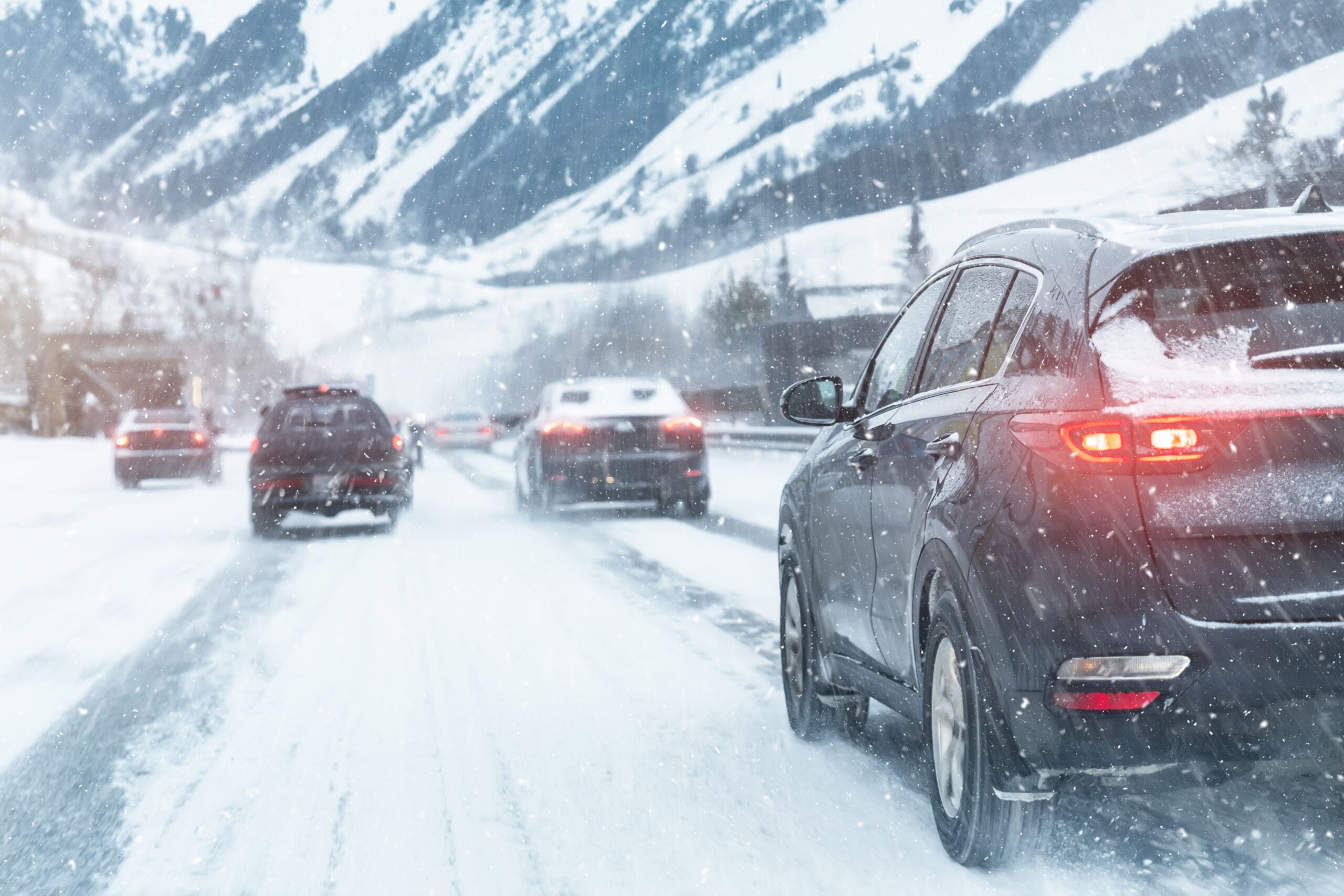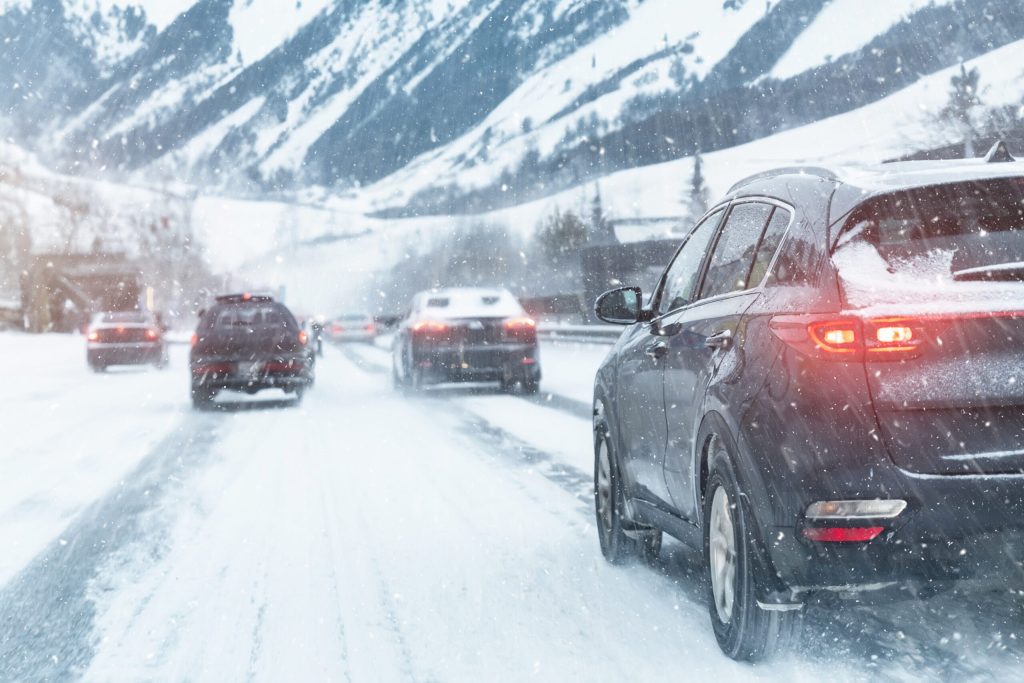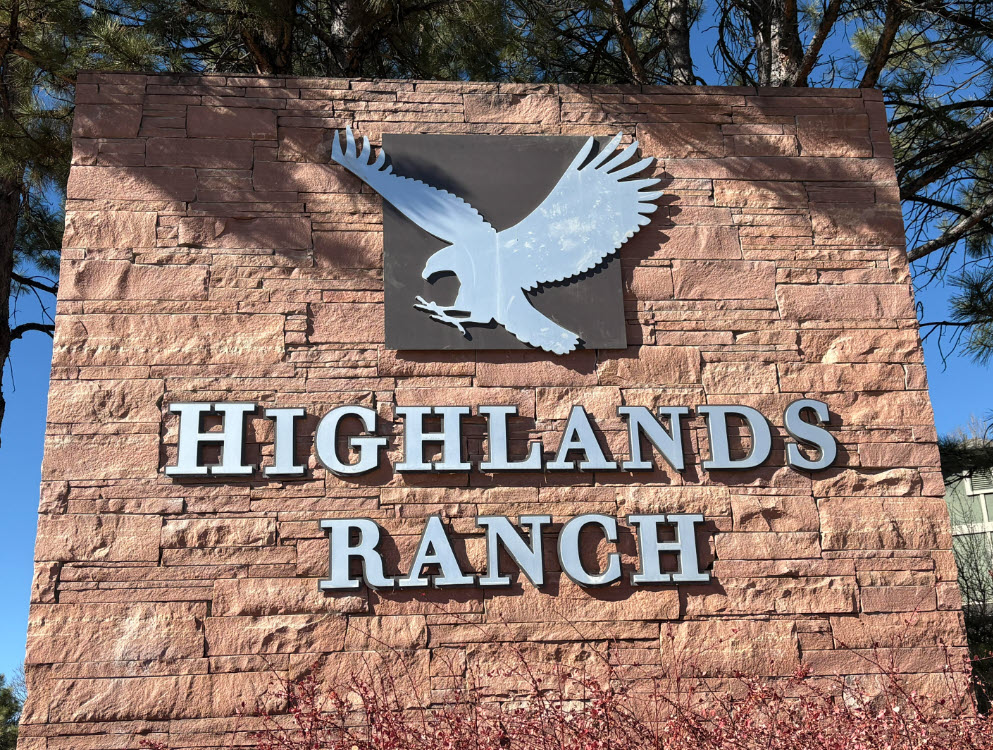Coloradans enjoyed a warm and easy fall this year and many people appreciated the extra weeks of sunshine and dry roads. As nice as the extended fall has been the shift into winter will still arrive before long. Forecasters expect one of the latest snow arrivals in years which means the cold will settle in quickly once it finally begins. Right now is a good time to prepare for freezing mornings icy streets and the first real winter storms of 2025 before they catch anyone off guard.
However, as they say in the popular HBO series Game of Thrones “Winter is coming….” and Colorado is no exception. Once winter moves in it changes the roads almost immediately. Warm pavement cools down and becomes slick in a matter of hours. Bridges and overpasses freeze before the rest of the roadway and create hidden patches of black ice. Light snowfall can coat shaded neighborhoods and foothill roads. Larger storms slow traffic and reduce visibility across the Front Range. Mountain corridors often see drifting snow, packed ruts, and sudden whiteouts that make driving stressful even for experienced locals. Colorado winter weather shifts fast and preparing early is the best way to stay safe once the conditions start to change.
Accident rates in Colorado rise every year once winter settles in. Intersections become slick and stopping distances stretch out on cold pavement. Highways like I-25, C-470, and I-70 see more fender benders during storm days. Even quiet neighborhood streets can be risky when the pavement freezes overnight. Winter conditions challenge experienced locals and new residents the same. Following these 6 tips will help you save money on auto expenses and stay safer during the winter.
Tip 1: Install Proper Winter Tires
As soon as snow arrives accident rates go up because traction drops fast on cold pavement. Winter tires help solve this problem by using softer rubber and deeper tread patterns that grip better in freezing conditions. All season tires tend to harden when the temperature drops which reduces their ability to hold the road on snow and ice. Winter tires stay flexible and bite into the surface which gives you more control when stopping or turning.
Lighter cars benefit even more from proper winter tires because they do not have the weight to push through snow or hold steady on icy stretches. A set of true winter tires can help small sedans and compact SUVs stay planted on slick roads and climb hills with less sliding. This makes a noticeable difference on morning commutes through the Tech Center, the rolling hills near Castle Pines, or the winding sections of Highway 285.
Winter tires can lower gas mileage slightly, but most drivers find the tradeoff worth it during the coldest months. Better grip means fewer wheel spins, smoother starts at intersections, and less fighting with the steering wheel on icy days. You spend a little more on fuel but you gain a safer and more predictable driving experience. It is worth it for both safety and convenience, especially when navigating Colorado roads after the first major storm of the season.
Tip 2: Add Weight for Rear Wheel Drive Vehicles
Rear wheel drive cars and trucks can be difficult to manage on icy roads because the drive wheels sit in the back with very little weight holding them down. When the pavement freezes the rear tires lose grip quickly and begin to spin even with light pressure on the gas pedal. This is why older sedans, light pickups, and many performance cars feel twitchy or unstable during the winter. They have the power in the back but not enough downward force to keep the tires hooked to the road. Starting from a stop on a cold morning or trying to climb a small hill can turn into a slow and slippery challenge.
Adding weight over the rear axle is one of the simplest ways to improve winter traction for these vehicles. Sandbags or bags of salt placed in the trunk help push the tires into the pavement and create better contact with the surface. Many Colorado drivers keep two or three sandbags in their vehicle all season because the difference is noticeable on icy intersections and snowy neighborhood streets. The added weight helps the vehicle feel more planted when pulling away from a light on Colfax, merging onto C-470, or easing up a slick hill in Castle Rock, Highlands Ranch, or Littleton. It will not turn a rear wheel drive vehicle into a winter machine, but it does make it far more manageable and much safer during stormy conditions.
Tip 3: Give Yourself Extra Time and Extra Space
Avoiding winter accidents is often about simple habits rather than fancy equipment. Leaving earlier in the morning reduces stress and keeps you from rushing on icy roads. Slowing your speed slightly gives your tires more chance to grip the surface. Adding more space between you and the car ahead gives you time to react if someone slides through a stop sign or hits the brakes on a slick hill. This is especially important on busy stretches of I-25 through the Tech Center, Highway 36 between Denver and Boulder, and the higher speed limits on E-470. A little extra time and distance can prevent a minor slide from turning into a multi car crash.
Tip 4: Prepare a Basic Winter Emergency Kit
Every Colorado driver should keep a simple winter kit in the vehicle. A warm blanket, gloves, a hat, and hand warmers can make a big difference if you get stuck in a backup on I-70 or wait for a tow truck on a side road. An ice scraper, a small shovel, and a bag of kitty litter or sand can help you clear snow and gain traction if your tires spin. A flashlight and basic first aid supplies are also useful. Keeping your gas tank at least half full during cold snaps reduces the risk of fuel line issues and gives you more flexibility if traffic slows to a crawl during a storm.
Tip 5: Watch Weather and Road Conditions Before You Drive
Colorado weather changes fast and conditions can vary mile by mile. Checking the forecast before your commute helps you plan for overnight ice or heavier snowfall in certain areas. It is common for roads near Castle Rock, Monument Hill, and the Palmer Divide to see more snow and wind than central Denver on the same day. Monitoring road reports can alert you to spin outs, closures, and chain requirements on I-70 through the high country. When you know what to expect you can choose safer routes, delay non-essential trips, or leave early so you can drive at a slower pace without feeling rushed.
Tip 6: Review Your Auto Insurance Before Storms Hit
Winter is also a smart time to review your auto insurance because rates in Colorado have climbed sharply over the past few years. Repairs cost more, medical bills are higher, and claims tend to increase during the colder months. Even careful drivers can end up with unexpected expenses, which makes it important to know exactly what your policy covers. A quick review now can help you avoid surprises later and may even uncover ways to save money.
Start by checking your liability limits to make sure they provide strong protection if you are found at fault for an accident. Many Colorado drivers choose higher limits because vehicle values and medical costs continue to rise. It is also helpful to review your collision and comprehensive coverage to see how your policy would respond to common winter issues such as damage from sliding incidents, falling branches, or hail. If your deductible feels too high for your current budget, winter is a good time to adjust it.
Since Colorado has a high number of uninsured and underinsured drivers, make sure those coverages on your policy are strong enough to protect you and your passengers. These coverages are often overlooked but they can be essential after a serious loss. If you want to reduce your overall premium, consider asking about bundling options. Many families save money by combining their auto, home, and renters insurance under the same provider. A quick conversation with an independent agent can help you compare policies, spot savings, and stay protected through the winter season.
A Little Preparation Now Makes Winter Driving Easier
Winter in Colorado brings beauty, excitement, and a fair share of challenges. The first storms often catch people off guard, which is why preparing early makes such a big difference. A few smart steps now can help you avoid costly repairs, stressful accidents, and unnecessary insurance claims once the cold weather settles in for the season. Whether you are upgrading your tires, adding extra traction, adjusting your driving habits, or reviewing your insurance coverage, each tip gives you a little more stability and peace of mind.
Staying safe in the winter is all about staying ahead of the weather. Colorado conditions change fast, but a well-prepared driver handles storms with much more confidence. Take some time to get your vehicle ready and look over your insurance options so you can enjoy the winter months without added worry. A bit of preparation today can help you save money, protect your vehicle, and make every cold morning a little easier to manage.






